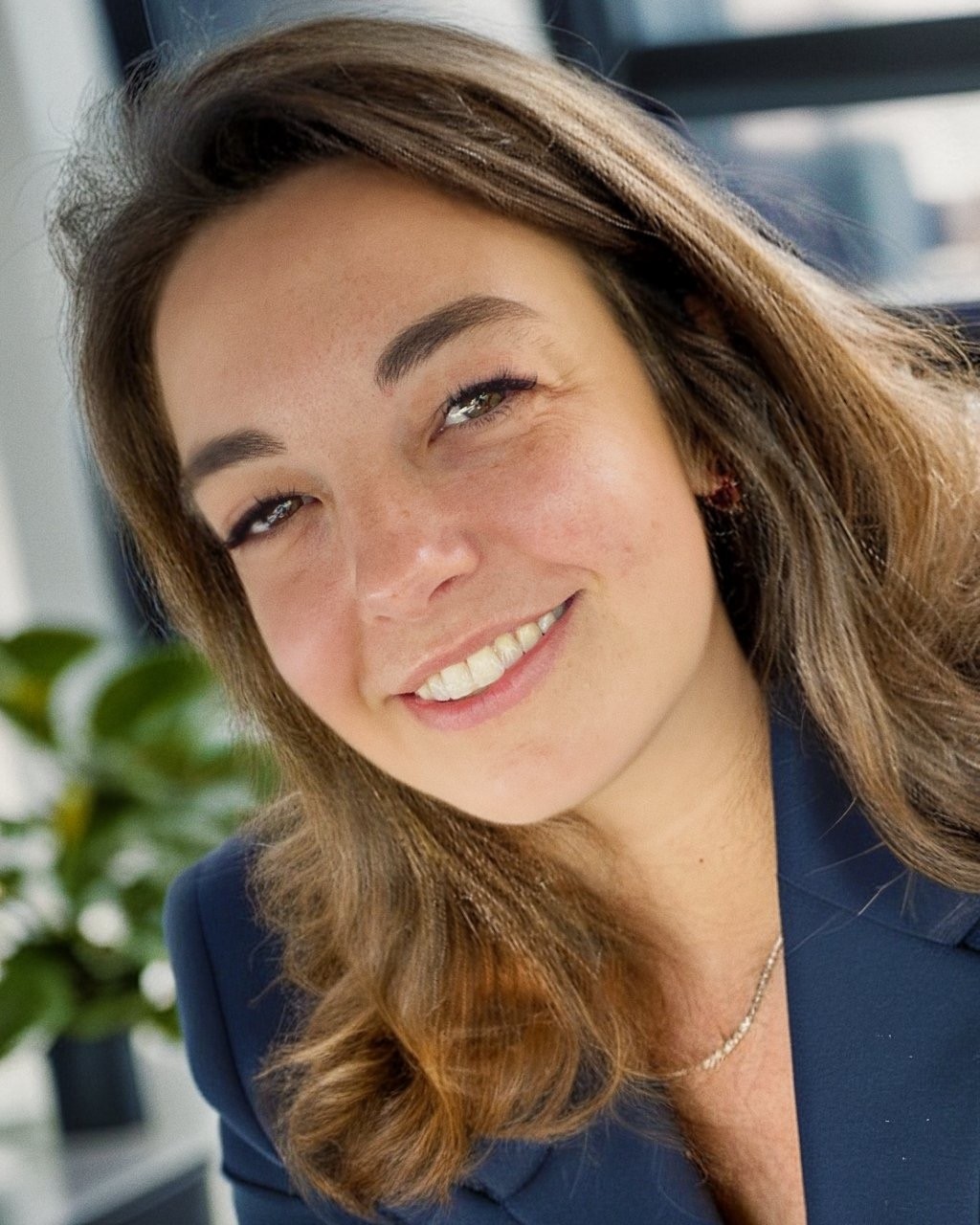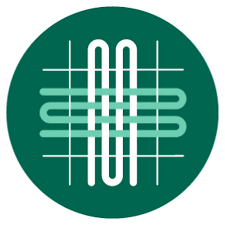Candidate for Treasurer, 2024 - 2026
Eloise Lachance, MS, BSN, BS, CRNA Fast Facts About Eloise
What are the biggest challenges facing the profession?As a component of the ongoing struggle for scope of practice designation and professional licensure for CRNAs in New York, the biggest challenge facing the profession is addressing misconceptions and falsehoods about the training, education, competency, and effectiveness of CRNAs as dedicated anesthesia providers. NYSANA continues to advocate and provide up to date information supported by research on practice outcomes and patient satisfaction. Consistent effort to this end will ensure that policy makers and patients agree that CRNAs are a robust, and underutilized, part of the New York State healthcare framework. What experiences, ideas, connection or resources do you have that would allow you to help with those challenges?Each of my professional mentors to date have been highly active within NYSANA. Subsequently, I have learned the importance of having strong representation for CRNAs in New York. While working at my current institution, which is the level one trauma and academic medical center for the area, I have prioritized attending advocacy day at the state capital since 2021. Each year I have been able to share personal stories to provide insight into the vital role that CRNAs play in our healthcare system. It has also been the most impactful way to answer questions and address concerns in real time. Connecting with students and CRNAs from all over New York State, policy makers and stakeholders helps to highlight the valuable contributions to patient care that CRNAs provide. Staying up to date on what’s happening at the legislative level throughout the year has prepared me to have the fruitful, albeit difficult, conversations that I believe will help overcome practice challenges for CRNAs in New York State. Name one skill or strength you possess that is unmatched by your colleagues or peersCRNAs are trusted anesthesia providers who fully embrace the responsibility of being at the “head of the bed”. Inherent to that responsibility, leadership is a skill that I believe all CRNAs possess. Just as our practice styles vary, so do our leadership styles, which inspires a truly dynamic professional network. I would characterize my leadership style as supporting and motivating others to reach their full potential by fostering strong interpersonal relationships with open communication. This approach takes empathy and patience to be successful. It also takes equal parts humility and passion. Continuously working to achieve this professional balance as a form of individualized leadership is a strength that sets me apart from my colleagues. What do you love about being a CRNA? What drew you to the profession?I became a CRNA to be an advocate for patients. From pre-op to PACU, I get to use my skills, knowledge, and insight to make sure that things go smoothly. The work of finding my voice to uphold patient safety has made me the more competent, assertive and compassionate provider I set out to be. As it turns out, professional advocacy is another flex for patient advocacy. Standing up for my patients has given me the fortitude to also speak up for my profession and work towards a future that upholds and advances standards of care by utilizing CRNAs to the full extent of our training and education. Please provide at least one idea you believe will engage or involve members to advance NYSANA’s mission.I am certain that engaging members to advance NYSANA's mission is a task with a moving target. Personally, it took almost two years of practice as a CRNA in New York for me to get involved with more than just local events. Nevertheless, it may be beneficial to focus on new members, specifically those with less than five years of practice experience. This group may feel intimidated to get involved due to a lack of experience overall or have minimal knowledge of organization benefits at the beginning of their career. An interorganizational peer mentor program to connect new members from different districts could offer a “tour” of NYSANA and help them to contribute early on. This could take the shape of an online forum within the NYSANA website and help elicit buy in since the information and idea sharing would happen laterally between colleagues and peers rather than be delivered vertically from the board and other administrators. |

